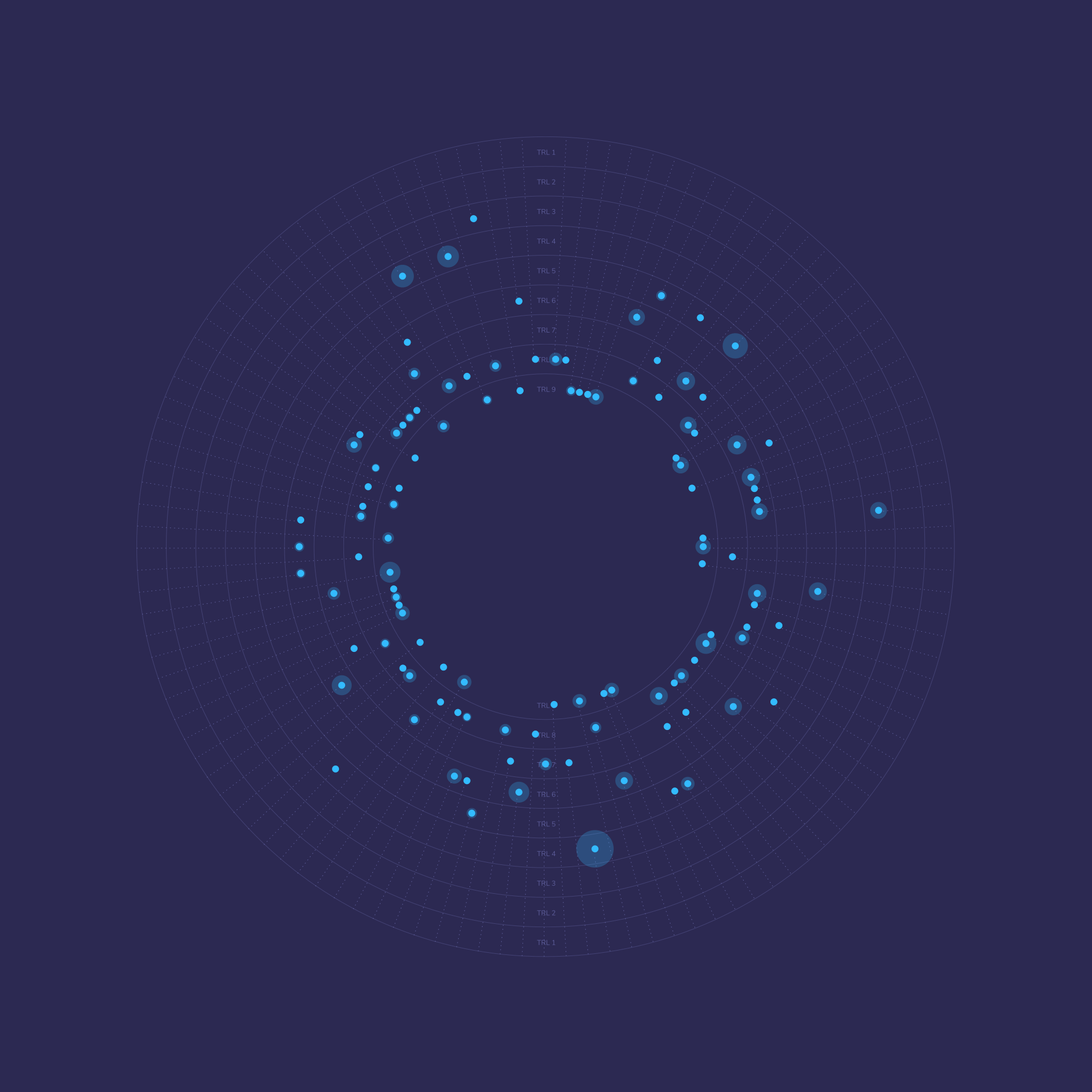Integrated Public Administration: The Case for Automating Administration
Golden Sikorka @ stock.adobe.com
The scenario Integrated Public Administrative Systems evaluates the need for shifting current public administrative processes with the help of tools that expand integration among scattered units of political systems.
A functioning public administration is one that furnishes the necessary means for public services to work at the service of the population. This means that political leaders should exercise their elective power to enforce laws, create new ones, and review those outdated according to current demands and needs. The elementary functions of a public administration range from providing basic services, national security, maintaining order and agreements among partner governments, assisting in economic development, and most of all, providing leadership and access for the public.
However, governments often find it complex to achieve accountability among the population. With the help of technological solutions such as a Blockchain Notary and other blockchain-based resources such as Blockchain Work Permit, it is possible to rely on technology to auditing administration procedures through transparent, immutable, and unhackable systems.
Alongside the promises of blockchain, well-established technologies can still be updated with artificial intelligence applications, thus becoming automated platforms that require little human supervision or intervention. Examples range from an AI-based Compliance Algorithm to an Automatic Legislative Tracking solution that can function both as a preventive and reactive tool for accountability. Yet, the application of these tools has some downsides. The automation of legal procedures should not be seen as a 'solutionism' to the lack of transparency within governmental processes but understood as a means to assist authorities in taking more informed decisions.
The transition from paper-based procedures to digitized ones is no easy task though. Transferring paper-based knowledge to cloud-based systems is time-consuming but also requires substantial economic resources for building necessary infrastructure to maintain large datasets. Also, digitization can override some work positions, sometimes substituting them with automated systems. This can subsequently provoke objection from office-holders and public administrators, thus imposing additional challenges for the implementation. However, the execution of this digital transformation can pave the way to secure the digital trustworthiness of all provided services, thus improving performance and time spent solving bureaucracies, which can pay-off some of the downsides aforementioned. In fact, the implementation of Crowd Platforms to function as a two-way path connecting agencies with the population and allowing people to provide insights to politicians, lawmakers, and urban planners, can enable the general society to participate in decision-making.
As digitized systems become more pervasive in public administration, proposals such as an e-Residency will no longer seem to be unfeasible and could enable a massive change in the concept of nationality and the way passports are issued. Future citizenship projects could be upgraded as a natural consequence of a more digitized society. Yet, as the tendency to digitize administrative procedures is rising expeditiously, privacy concerns naturally arise too. The amount of sensitive information gathered throughout these platforms will demand considerable efforts and intricate tools to keep the data safe from possible attacks. Together with digitalization of legal processes, systems able to protect data from hacking are mandatory.
